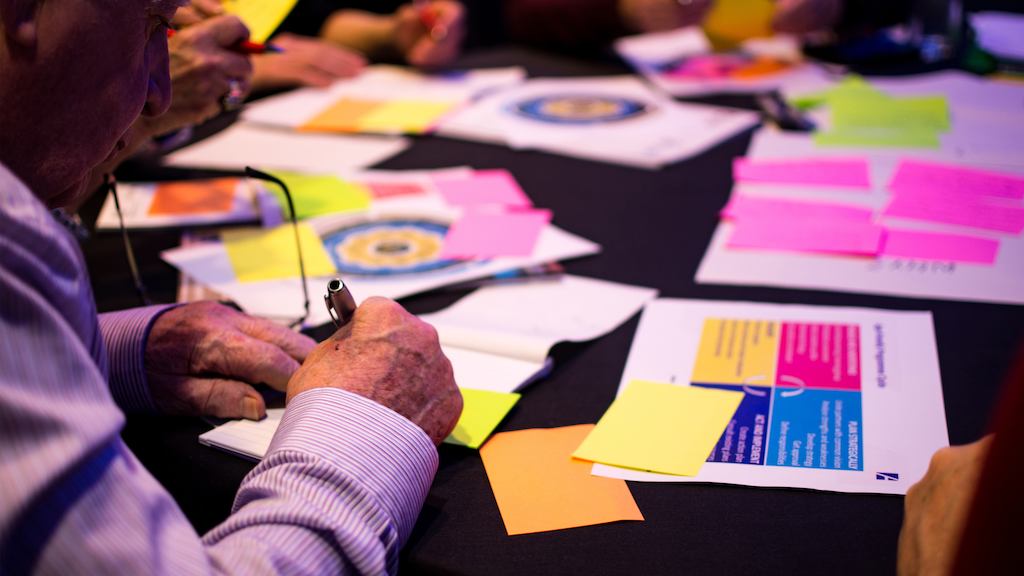And we know that successful interventions in the real world are rarely simple or straightforward. To work well and be effective for most people services or programmes need to be adapted to suit the requirements and circumstances of different types of people. They need to capitalise on supportive features of implementation context and work in harness with existing services to make up for deficits or needs that cannot be met through the delivery of the intervention alone. So we’ll need to understand how interventions are tailored to suit the needs and circumstances of different types of people and which additional services or interventions are needed to create sustainable impacts.
As we build stronger theory and stronger evidence base around these kinds of questions we’ll be better able to develop and apply stronger evaluative designs which are capable of robustly measuring outcomes, and provide strong accounts of overall impacts and cost effectiveness.


